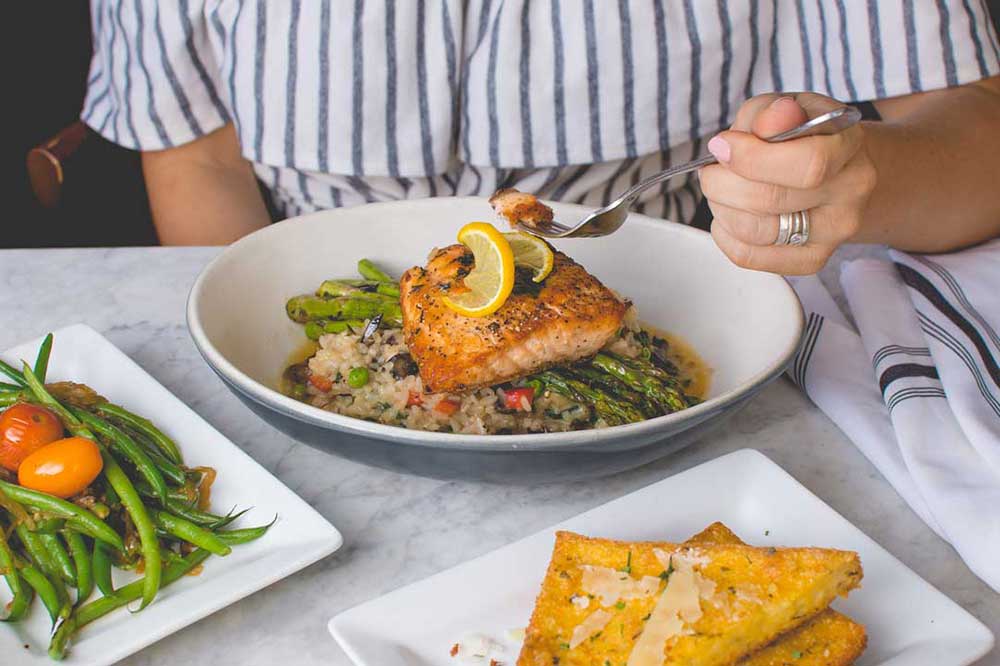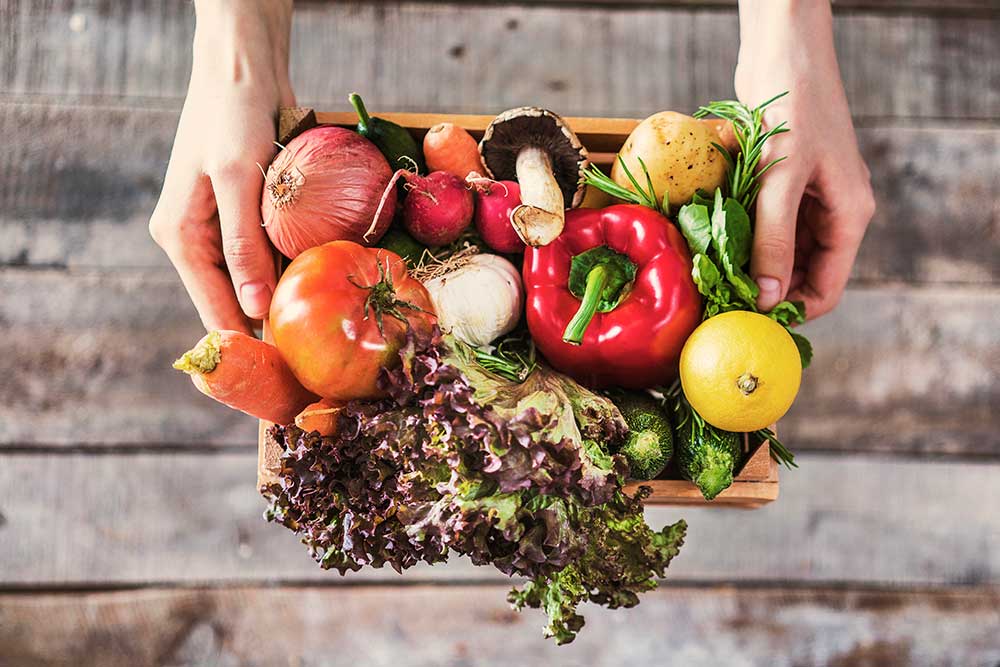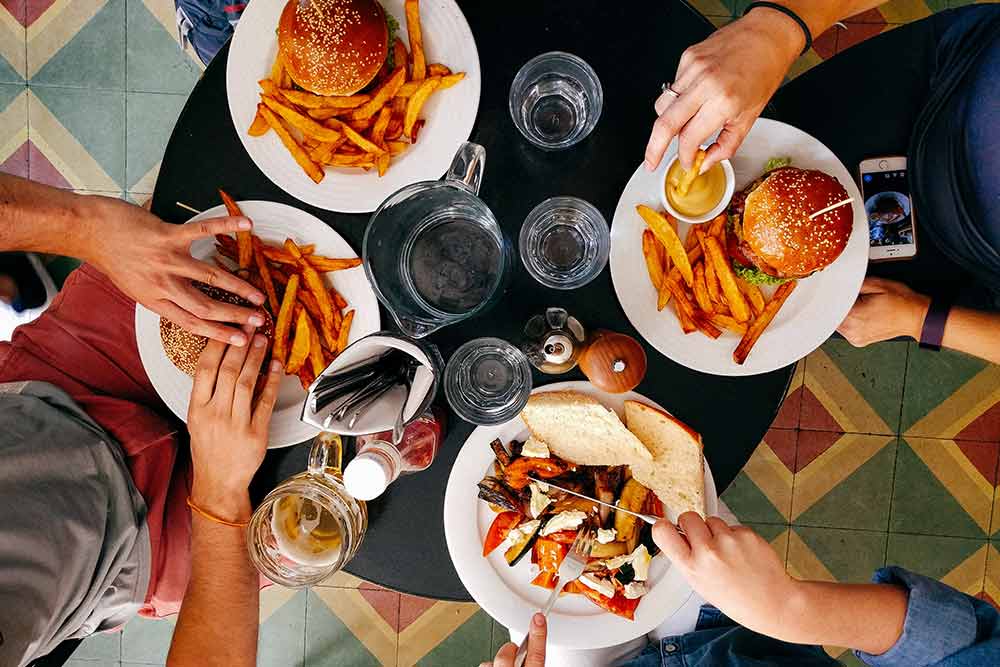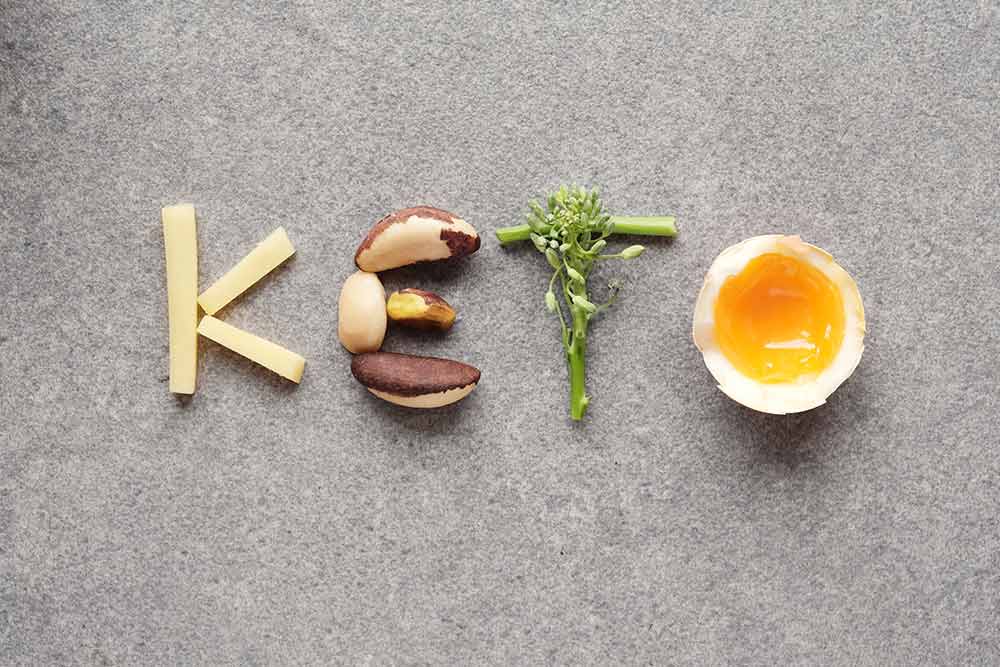Anti-Inflammatory Foods in Your Diet (and What to Avoid)

Moji Kaviani, Ph.D., CEP
Inflammation is part of the body’s natural defense system. Western medicine often uses NSAID drugs to help control inflammation. These have been shown to increase risk for GI issues such as stomach ulcers. An anti-inflammatory diet is any diet that can help to prevent or decrease levels of inflammation. Mono-unsaturated fats like olive oil decrease inflammation. Fruits and vegetables have decreased inflammatory markers and lower the risk for several chronic illnesses. Fiber has been shown to lower levels of inflammatory markers. High glycemic foods have been shown to increase levels of high insulin and increase inflammation.
Inflammation is at the root of many chronic conditions, including cardiovascular disease, cerebrovascular disease, cancer, stroke, and Alzheimer’s dementia, all of which are among the top 10 causes of mortality. Given that these pharmaceuticals have side effects, non-pharmaceutical approaches such as food not only provide further benefits but cause less harms.
Related Article: The Importance of Food: How Should I Eat?
There are several lines of evidence supporting that Mediterranean-style diets can significantly lower chronic inflammation because of the increased intake of fruits, vegetables, nuts, fish, poultry and olive oil with very little red meat; which are all considered anti-inflammatory foods. In general, foods that combat inflammation are high in both antioxidants and polyphenols such as tomatoes, olive oil, leafy green vegetables, nuts, fatty fish, berries and citrus fruits.
What does an anti-inflammatory diet look like?
- High intake of vegetables that are highly dense in vitamins such as vitamin A, E, and C.
- Fruits should highly be consumed due to their high anti-inflammatory properties.
- High intake in fish and seafood for their omega-3 content.
- Lean, meat, poultry and eggs are encouraged. Limit red meat due to the pro-inflammatory properties.
- Beans and legumes are also okay.
- Encourages whole grains and reduction in other carbohydrates that may cause a spike in blood sugar.
- Vitamin D has been shown to reduce pro-inflammatory cytokines that contribute to inflammation.
Spices: cinnamon, cumin, dill, garlic, ginger, oregano parsley, rosemary, tarragon, thyme turmeric
What foods should be limited?
- Alcohol
- Processed foods & sweets
- Refined carbs
- Fried foods
- Sugar-sweetened beverages
- Red & processed meats
- Solid fats
These foods have been shown to increase inflammation but also increase risk for chronic diseases.
Takeaway Message
Adopt a more natural, less processed diet to reduce inflammation and enhance physical and emotional health. Remember that BALANCE is key.
And don’t forget that stress reduction and exercise have also been shown to have an anti-inflammatory effect.You Might Like:
















